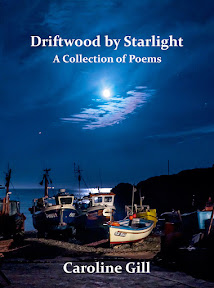I have just returned from the cathedral at Bury St Edmunds, where I attended the latest in a series of ECAT (Edmund Centre for Arts and Theology) days.
Our Diocese has been celebrating its
centenary this year, and a number of events have been planned under the title '
Pilgrims in Time'.
The Dean, the Very Reverend Frances Ward, presented a number of poems with a pilgrimage or journey theme before handing over to Sarah Friswell, the Cathedral PR and Media Officer. Sarah led us round the Cathedral, pointing out the significance of a number of features such as the font and tower. We were given the chance to think about Bunyan and
Pilgrim's Progress. We began to discuss and attempt to formulate the difference between a 'guided tour' and a 'pilgrimage tour' in the session before lunch.
Dr Elizabeth Cook, the first Writer-in-Residence at the Cathedral, led a wonderful poetry workshop in the afternoon. Once again we had the opportunity to look at some journey and pilgrimage texts. Matters such as the place of community chatter (as in
The Canterbury Tales) and the role of silence were considered. It was soon time to put pen to paper, and I think all the participants will have gone home with new material and a number of poems in draft.
This is the third ECAT day I have attended, and each one has offered a fascinating insight into the relationship between art (in the broadest sense) and theology. My thanks to all who make these days so rewarding, enjoyable and worthwhile.
- An account of a previous ECAT poetry day from Elaine Ewart's FlightFeather blog.
Postscript
I did a little personal reading in advance of today's workshop and soon began to realise that the notion of 'Christian pilgrimage' has many applications in the church. An outward journey (for example to the Holy Land) usually runs along parallel lines with an internal journey of faith. Some Christians, however, would adhere to the view that the only journey of significance is one through time (as opposed to a physical journey) as lives are lived on earth with hearts set on what Bunyan's character, Pilgrim, called 'the Celestial City'. I was surprised (in a positive way) to discover that the eighteenth century Puritan theologian, Jonathan Edwards, preached a sermon entitled 'The Christian Pilgrim'.





















